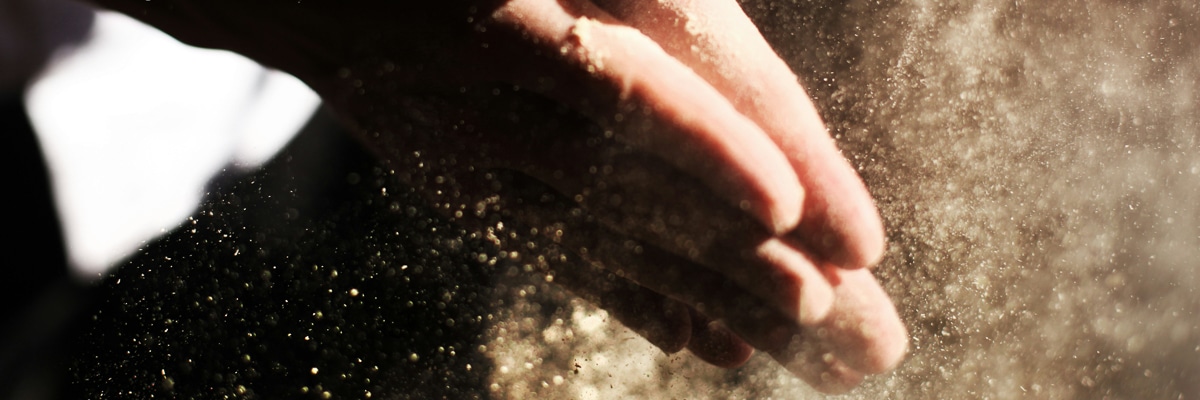
Spiritual writer Debie Thomas considers the significance of salt to Jesus’ first listeners:
Until fairly recently in human history, salt was one of the most sought after commodities. The ancients believed that salt would ward off evil spirits. Religious covenants were often sealed with salt. Salt was used for medicinal purposes, to disinfect wounds, check bleeding, stimulate thirst, and treat skin diseases…. When Jesus calls his listeners “the salt of the earth,” he is saying something profound, something easy to miss in our twenty-first century context.
First of all, he is telling us who we are. We are salt. We are not “supposed to be” salt, or “encouraged to become” salt, or promised that “if we become” salt, God will love us more. The language Jesus uses is 100 percent descriptive; it’s a statement of our identity. We are the salt of the earth. We are that which enhances or embitters, soothes or irritates, melts or stings, preserves or ruins. For better or for worse, we are the salt of the earth, and what we do with our saltiness matters. It matters a lot. Whether we want to or not, whether we notice or not, whether we’re intentional about it or not, we impact the world we live in.
Thomas describes the impact of salt on all that it touches.
Salt doesn’t exist to preserve itself; it exists to preserve what is not itself…. Salt is meant to enhance, not dominate. Christian saltiness heals; it doesn’t wound. It purifies; it doesn’t desiccate. It softens; it doesn’t destroy….
One of the great tragedies of historic Christianity has been its failure to understand this distinction. Salt fails when it dominates. Instead of eliciting goodness, it destroys the rich potential all around it. Salt poured out without discretion leaves a burnt, bitter sensation in its wake. It ruins what it tries to enhance. It repels.
This, unfortunately, is the reputation Christianity has these days. We are known as the salt that exacerbates wounds, irritates souls, and ruins goodness. We are considered arrogant, domineering, obnoxious, and uninterested in enhancing anything but ourselves. We are known for hoarding our power, not for giving it away. We are known for shaming, not blessing. We are known for using our words to burn, not heal.
This is not what Jesus intends when he calls us the salt of the earth…. Salt at its best sustains and enriches life. It pours itself out with discretion so that God’s kingdom might be known on the earth—a kingdom of spice and zest, a kingdom of health and wholeness, a kingdom of varied depth, flavor, and complexity.
In his Sermon on the Mount, Jesus makes concrete the work of love, compassion, healing, and justice. It’s not enough to believe. It’s not enough to bask in our blessedness while creation burns. To be blessed, to be salt, to be followers of Jesus, is to take seriously what our identity signifies.
Reference:
Debie Thomas, Into the Mess and Other Jesus Stories: Reflections on the Life of Christ (Eugene, OR: Cascade Books, 2022), 164, 165, 166.
Image credit and inspiration: Austin Ban, Untitled (detail), 2015, photo, Unsplash. Click here to enlarge image. Just like these hands move the dust of the world around them, we too, can influence the world—hopefully for good by being salt and light.
Story from Our Community:
My perception of God has changed over time. Growing up, God was cool, distant and kept a tally of my actions. Then, my view started to shift to a more compassionate figure, based on my experiences with Higher Power in Al-Anon. Most recently, the CAC and Centering Prayer have helped me expand even more. Now, I feel more called to embrace the deep mystery of God.
—Kara K.




